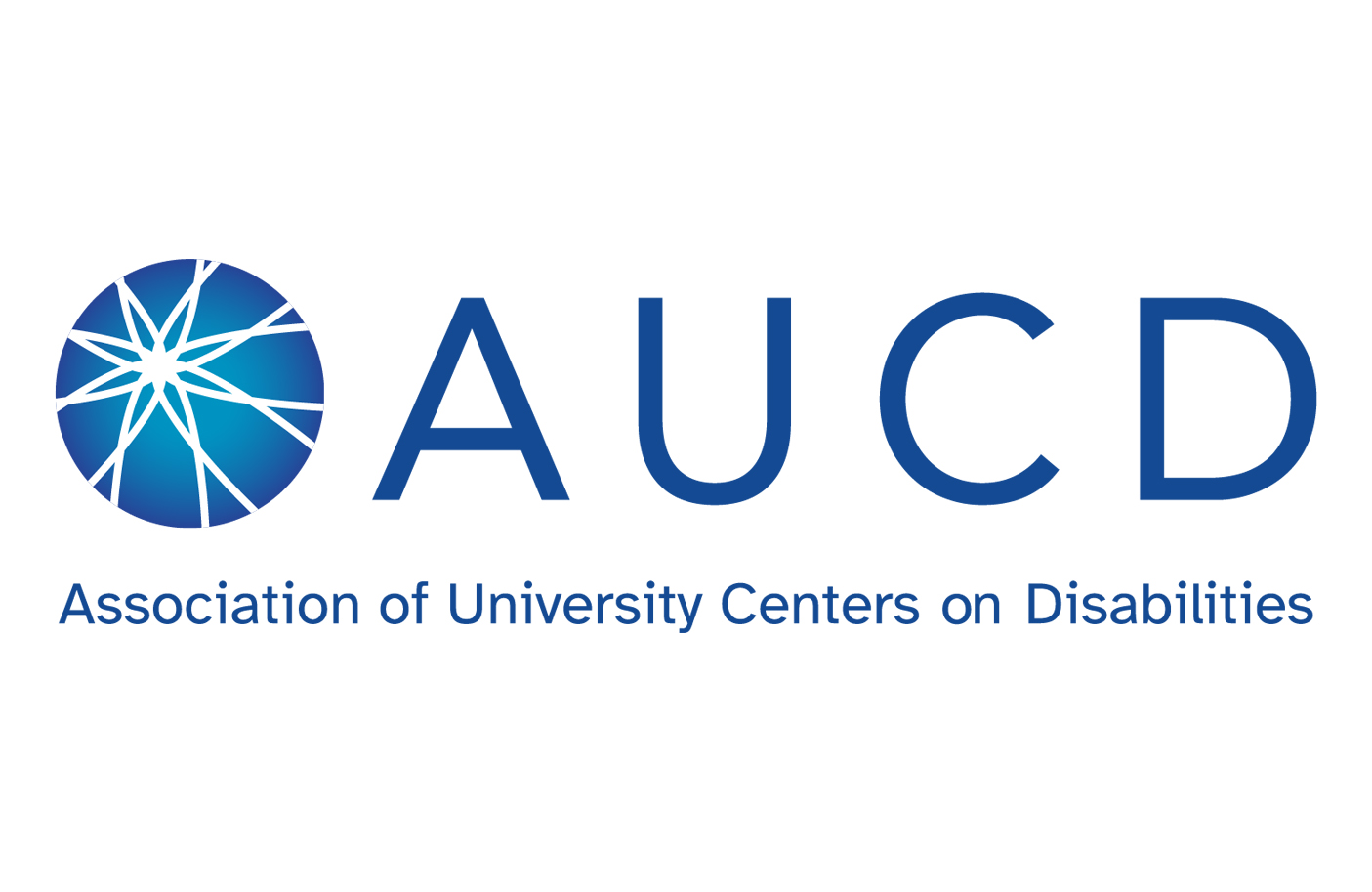SILVER SPRING, MD - The Association of University Centers on Disabilities condemns this Administration’s attacks on the Department of Education and the President’s Executive Order “Improving Education Outcomes by Empowering Parents, States, and Communities” attempting to dismantle the Department of Education.
Formally dismantling the Department of Education requires an act of Congress. Attempts by the Administration to take down the Department of Education skirt congressional authority and are an overreach of power. AUCD is alarmed by the actions of this Administration, which are causing real and lasting harm to students with disabilities and their families.
The Department of Education does significant work supporting people with disabilities. The Department of Education:
- Provides billions of dollars to states and local districts to educate students with disabilities and train school leaders, teachers, and related service providers. Without the Department of Education and the funding, states and local districts will be forced to fill in the gaps, and where they can’t, it will be at the expense of students with disabilities.
- Oversees the administration of Individuals with Disabilities Education Act (IDEA) part B funding, which goes to states to support the cost of special education for 7.5 million children with disabilities ages 3-21.
- Oversees the administration of IDEA part C funding, which supports states in providing early intervention services to 441,515 infants and toddlers with disabilities.
- Enforces civil rights protections and oversight over schools that engage in discrimination or deny students with disabilities their legal right to a free and appropriate public education in the least restrictive environment under IDEA. The Department of Education’s Office of Civil Rights enforces the rights of the additional 1.5 million children who are covered under Section 504 of the Rehabilitation Act (Section 504).
- Includes support and technical assistance for inclusive college programs for students with intellectual disabilities (ID) at 42 colleges and universities and technical assistance for the over 300 other college programs for students with ID across the country. Graduates of these programs have a 74% employment rate compared to a 17% employment rate for those with intellectual and developmental disabilities (IDD) who do not attend.
- Supports personnel preparation, addressing teacher shortages that significantly affect the field of special education.
The Administration’s misleading statements about “sending education back to the states” are both harmful and misguided. Before IDEA, only 1 in 5 children with disabilities received an education and over 1 million children with disabilities were excluded from school. Nearly 100,000 children lived in institutions and did not attend schools. When the education of students with disabilities was left to the states, states left them behind. The federal funding and accountability measures through IDEA and the rights guaranteed by Section 504 are vital in ensuring that millions of children, youth, and adults with disabilities are afforded the same access to education as individuals without disabilities.
Despite the Administration’s supposed commitment to “empowering families,” IDEA and the Department of Education actually protect a parent’s rights to due process when a school or districts discriminate against a student with a disability. The Department of Education sets IDEA regulations, but Individualized Education Program (IEP) teams that include a child’s parent, teachers, and others develop IEPs. The Department of Education does not develop or approve IEP Plans.
The Department of Education plays a vital role in ensuring that students with disabilities are educated and have recourse when they are discriminated against. Attempts to dismantle the Department of Education and “return authority to the states” are alarming, because what the Administration is actually doing is taking away the rights of students with disabilities and their families. The Executive Order directs the Secretary of Education to “close the department of Education and return authority over education to the States and local communities while ensuring effective and uninterrupted delivery of services, programs, and benefits on which Americans rely.” Yet this is impossible to accomplish as the Department of Education is the very entity that ensures students with disabilities’ services, programs, and benefits are given to them. After dismantling the Department of Education, who will states answer to when they fail students with disabilities?
Students with disabilities are students first and foremost and the Department of Education is responsible for supporting every student. While school districts and states directly oversee instruction, curriculum, and more, it is the Department of Education that holds school districts and states accountable and provides them with the infrastructure to meet the needs of students with disabilities. As IDEA turns 50 this year, we cannot afford to turn back the clock on education. Dismantling the Department of Education is a direct threat to the promises and rights that students with disabilities have under IDEA, Section 504, and even the Americans with Disabilities Act.
Action Item
Call your Members of Congress—your Representative and Senators—and reach out to your state officials, such as the governor’s office, to educate them on the important work that the Department of Education does to protect and support students with disabilities and their families. You can reach your Members of Congress by calling the Capitol Switchboard at 202-224-3121.
AUCD is available for contact. Please contact Lillie Heigl, Senior Policy Advisor, at [email protected].
About AUCD
The membership of AUCD includes a national Network–serving every state and territory–of 68 University Centers for Excellence in Developmental Disabilities (UCEDDs), 60 Leadership Education in Neurodevelopmental and Related Disabilities (LENDs) Programs, and 15 Intellectual and Developmental Disabilities Research Centers (IDDRCs). Together, these Centers and Programs provide a direct national impact through direct services, the development of new professionals, and the use of new knowledge generated from our research.
Find a Center or Program near you. Explore AUCD’s Policy and Advocacy webpage.











